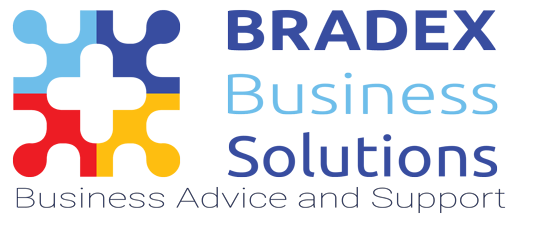The Bradshaw Director Competency Framework is designed to enhance board performance by defining key competencies required for effective governance. It focuses on knowledge, skills, and mindset, structured around three main pillars: Strategic Acumen, Operational Excellence, and Leadership Integrity.
Each pillar is detailed with specific competencies necessary for directors to navigate complex business environments and lead with efficacy.
1. Strategic Acumen
- Industry Knowledge: Understands current trends, challenges, and opportunities within the industry to guide long-term strategic planning.
- Financial Literacy: Possesses strong financial acumen necessary to interpret financial statements, manage financial risks, and understand economic impacts on the business.
- Visionary Thinking: Ability to anticipate future challenges and opportunities, developing forward-thinking strategies that align with organisational goals.
Example Strategic Acumen Questions to ask yourself:
- How do you stay informed about the latest trends and developments within our industry, and how have you applied this knowledge in a strategic context?
- Can you describe a situation where your understanding of financial data directly influenced a strategic decision?
- What approach do you take to strategic planning, and how do you ensure alignment with long-term organizational goals?
- How do you assess new opportunities, and what criteria do you use to decide which opportunities are worth pursuing?
- Describe a time when you anticipated a significant market change. How did you prepare the organisation to respond?
2. Operational Excellence
- Governance Skills: Knowledge of best practices in corporate governance, ethical standards, and regulatory requirements.
- Risk Management: Skills to identify, assess, and mitigate risks that could impact the organisation.
- Technology Awareness: Stays informed of technological trends that could influence business operations and competitive positioning.
Example Operational Excellence Questions to ask yourself.
- What governance practices do you consider most critical for maintaining corporate integrity and why?
- Can you describe an instance where you identified a significant risk and successfully mitigated it?
- How do you ensure compliance with relevant laws and regulations in your role as a director?
- What experience do you have with digital transformation initiatives, and how do you measure their success?
- How do you handle operational setbacks? Can you provide an example of overcoming such a challenge?
3. Leadership Integrity
- Ethical Leadership: Demonstrates strong ethical standards and ensures they permeate the corporate culture.
- Communication Skills: Communicates effectively with stakeholders at all levels, ensuring transparency and clarity in all board decisions.
- Collaborative Spirit: Promotes a culture of teamwork and inclusion, ensuring diverse perspectives are considered in decision-making processes.
Example Leadership Integrity Questions to ask yourself.
- How do you foster an ethical culture within your organisation?
- What strategies do you use to ensure clear and effective communication across different levels of the organisation?
- Can you give an example of how you have handled a conflict of interest or other ethical dilemma?
- How do you encourage diversity of thought in board discussions and decision-making processes?
- Describe a leadership challenge you’ve faced. How did you manage it, and what was the outcome?
Implementation and Assessment:
- Regular Reviews: Conduct annual assessments to evaluate directors’ performance against these competencies.
- Continuous Development: Offer tailored training and development programs to address competency gaps and enhance board effectiveness.
- Stakeholder Feedback: Incorporate feedback from various stakeholders to refine director performance and framework efficacy.
Customisation for Boards:
This framework is adaptable to the specific needs and culture of any board. Adjustments can be made based on the maturity of the board, industry-specific challenges, and organisational goals.
Application of the Bradshaw Director Competency Framework:
Utilise this framework during the onboarding process for new directors, as part of regular performance evaluations, and to structure professional development for board members. By aligning director competencies with strategic business goals, boards can enhance their decision-making capabilities and overall organisational performance.
Other relevant articles from Bradex Business Solutions:

